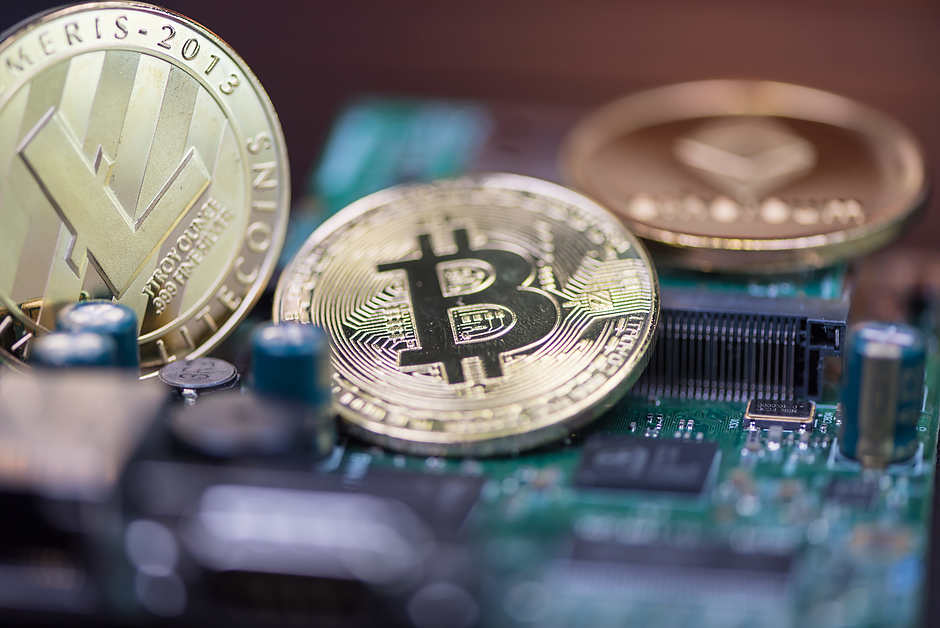Metamask addresses privacy concerns with new features for enhanced control

The new features allow a user to manage which servers are able to receive their IP address.
Web3 wallet app Metamask has introduced a number of new features aimed at enhancing privacy and giving users more control, according to a March 14 blog post by the developer. The new features come after Metamask had previously been criticized for allegedly intruding on users’ privacy.
MetaMask Mobile v6 is now available to everyone! Our biggest release yet fixes issues around slow load times and provides a new and improved UX that gives users more control over their funds and digital identities.
— MetaMask (@MetaMask) March 14, 2023
Upgrade to the latest version todayhttps://t.co/tGtA4GUXR1
Previously, Metamask used its Infura RPC node to connect to Ethereum automatically, whenever a user first set up the wallet. Although the user could change the settings later, this still meant that the user’s public address was transmitted to Infura before they had a chance to change their node, according to a report from Ethereum node operator Chase Wright.
Infura is owned by Metamask’s parent company, Consensys.
Under the new version of Metamask extension, labeled “10.25.0,” users are prompted with the option to use an “advanced configuration” during setup. Choosing this option reveals a number of settings that can be configured, including one that allows the user to choose a different RPC node than the default Infura one.
In addition to letting the user enter their own node details, the “advanced configuration” dialogue box also allows them to turn off incoming transactions, phishing detection, and enhanced token detection. These features require data to be sent to third-parties such as Etherscan and jsDeliver, according to the app’s UI. Users concerned about privacy can now turn off these features during setup if they want to.
According to the post, the new mobile version of Metamask also includes privacy enhancements. Previously, the app did not allow users to connect one account to a Web3 app while leaving another account disconnected. The user only had the option of connecting all of them or none at all.
However, the new version allows users to select which particular accounts they want to connect to an app, without disclosing the other addresses they control.
In its post, Metamask stated that it has always intended to preserve privacy for users and that it believes these new features align with these values, stating:
“Data exploitation goes against MetaMask core values. Instead, we believe in equipping our community with the founding principles that guide our development—true ownership and privacy[…]We are committed to protecting the privacy of our users so that you will not, and ultimately, cannot be exploited by yet another centralized entity.
On November 23, Metamask became heavily criticized in the crypto community for releasing a privacy policy that stated it would collect IP addresses from users. Consensys responded to the criticism on Nov. 24 by saying that RPC nodes have always collected IP addresses and that the substance of the privacy policy was not new, although the language used in it had changed. On Dec. 6, Consensys announced that IP addresses collected through Infura would no longer be stored for more than 7 days.
Author

Cointelegraph Team
Cointelegraph
We are privileged enough to work with the best and brightest in Bitcoin.






